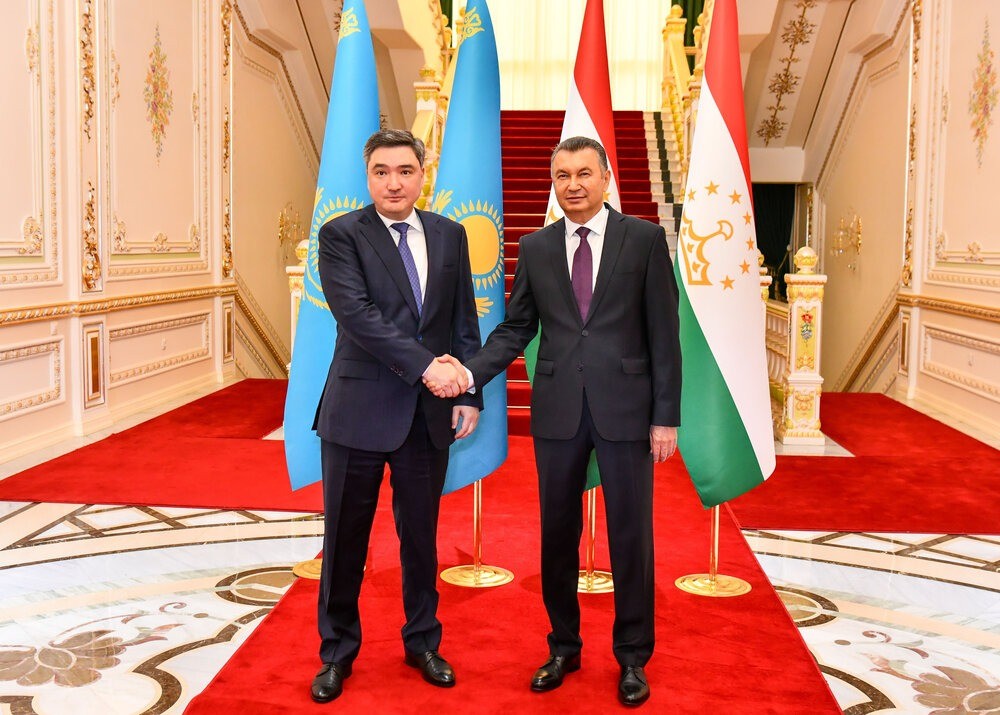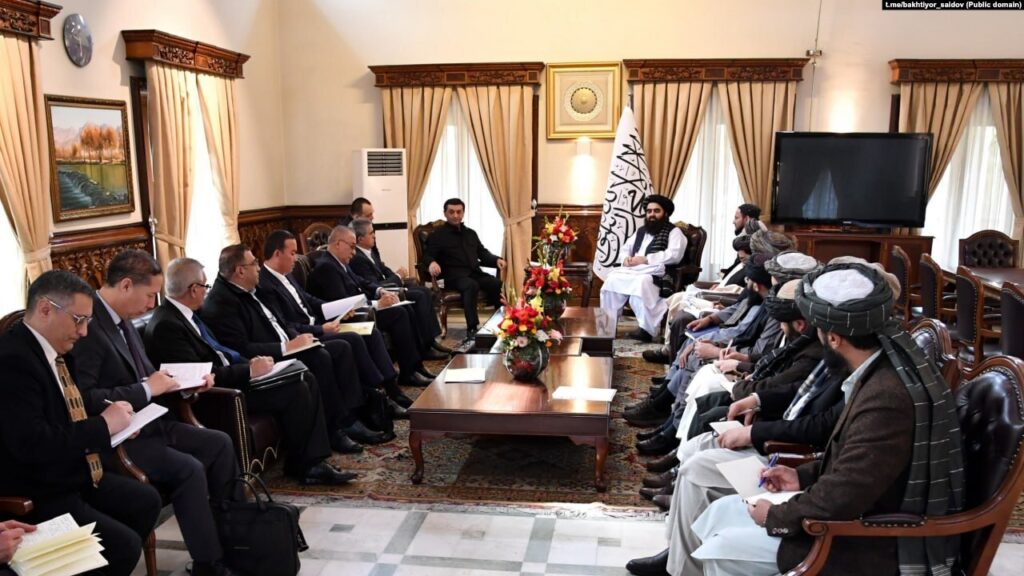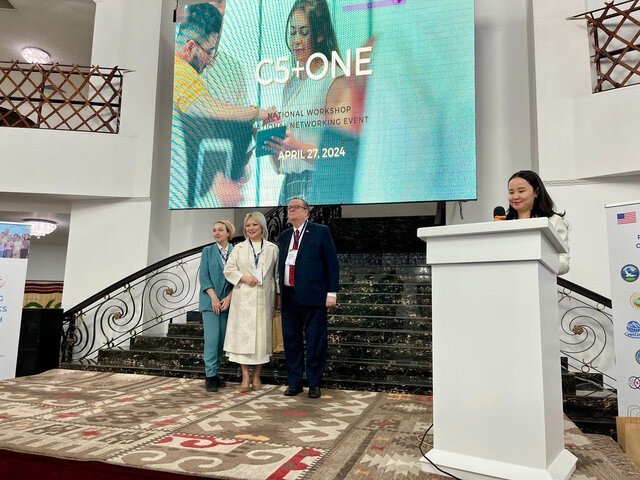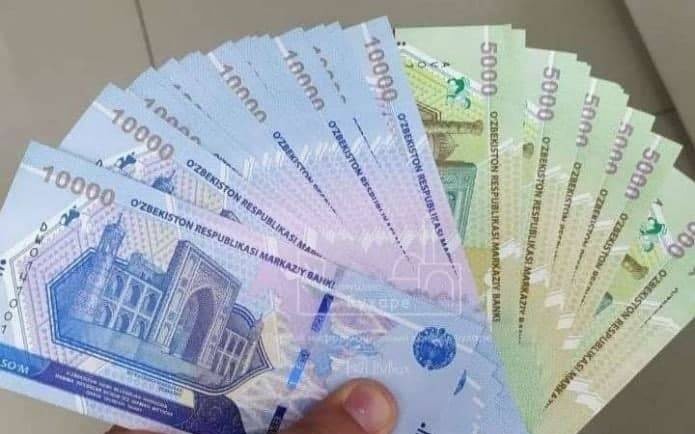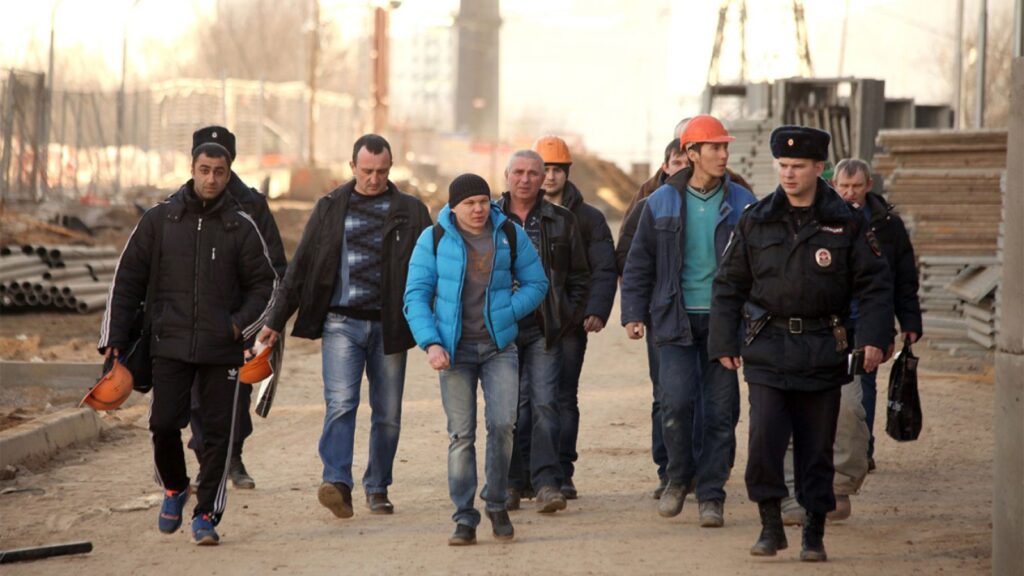Kazakhstan and Tajikistan Plan to Double Trade to $2 Billion
On 30 April, talks held in Dushanbe between Prime Minister of Kazakhstan Olzhas Bektenov and Prime Minister of Tajikistan Kokhir Rasulzoda focused on Kazakh-Tajik cooperation in trade and investment, industrial cooperation, agriculture, transport connectivity, water, and energy.
Kazakhstan is Tajikistan’s fourth largest trading partner and with the aim to double bilateral trade to $2 billion, Kazakhstan announced its readiness to increase exports of 85 commodities worth about $190 million.
Both governments stressed the importance of developing industrial cooperation by creating new export-oriented joint ventures, with specific reference to Kazakhstan’s large production capacity of equipment for Tajik railways, including electric and diesel locomotives, in addition to locally manufactured transformers, agricultural machinery, batteries and motor vehicles.
An important issue on the bilateral agenda is cooperation in the water sector and the need for joint action to ensure the smooth operation of Tajikistan’s Bakhri Tojik reservoir during the growing season.
In further discussions on agricultural cooperation, both parties noted that in January-February, bilateral trade of agricultural products totalled $84.9 million, an increase of 8.9 percent compared to the same period in 2023. Future plans include increasing Kazakh wheat and flour exports to Tajikistan, and creating joint ventures for flour milling and processing of livestock products.


